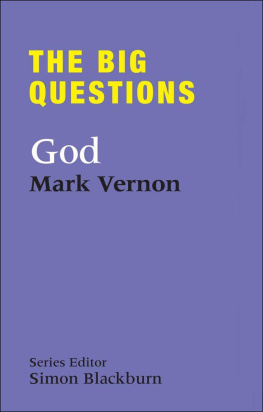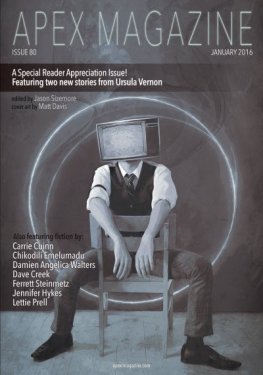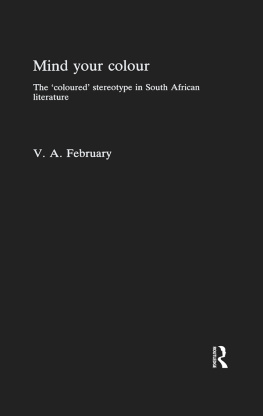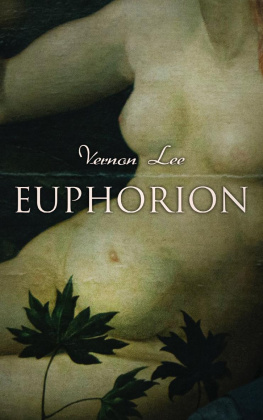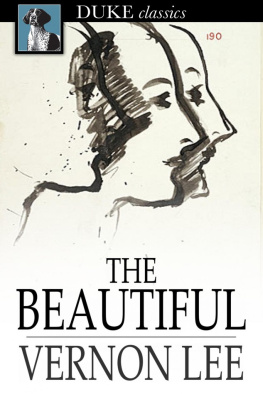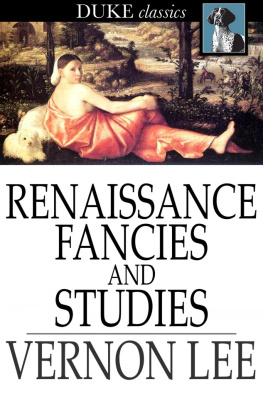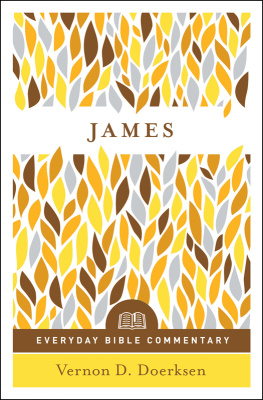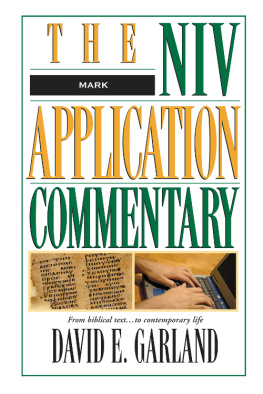Mark Vernon - The Big Questions: God
Here you can read online Mark Vernon - The Big Questions: God full text of the book (entire story) in english for free. Download pdf and epub, get meaning, cover and reviews about this ebook. year: 2013, publisher: Quercus, genre: Religion. Description of the work, (preface) as well as reviews are available. Best literature library LitArk.com created for fans of good reading and offers a wide selection of genres:
Romance novel
Science fiction
Adventure
Detective
Science
History
Home and family
Prose
Art
Politics
Computer
Non-fiction
Religion
Business
Children
Humor
Choose a favorite category and find really read worthwhile books. Enjoy immersion in the world of imagination, feel the emotions of the characters or learn something new for yourself, make an fascinating discovery.
- Book:The Big Questions: God
- Author:
- Publisher:Quercus
- Genre:
- Year:2013
- Rating:4 / 5
- Favourites:Add to favourites
- Your mark:
- 80
- 1
- 2
- 3
- 4
- 5
The Big Questions: God: summary, description and annotation
We offer to read an annotation, description, summary or preface (depends on what the author of the book "The Big Questions: God" wrote himself). If you haven't found the necessary information about the book — write in the comments, we will try to find it.
The Big Questions: God — read online for free the complete book (whole text) full work
Below is the text of the book, divided by pages. System saving the place of the last page read, allows you to conveniently read the book "The Big Questions: God" online for free, without having to search again every time where you left off. Put a bookmark, and you can go to the page where you finished reading at any time.
Font size:
Interval:
Bookmark:
THE BIG QUESTIONS
God
Mark Vernon
SERIES EDITOR
Simon Blackburn

Quercus Publishing Plc
55 Baker Street
7th Floor, South Block
London, W1U 8EW
First published in 2012
Copyright 2012 Quercus Editions Ltd
All rights reserved. No part of this publication may be reproduced, stored in a retrieval system, or transmitted in any form or by any means, electronic, mechanical, photocopying, recording, or otherwise, without the prior permission in writing of the copyright owner and publisher.
The picture credits constitute an extension to this copyright notice.
Every effort has been made to contact copyright holders. However, the publishers will be glad to rectify in future editions any inadvertent omissions brought to their attention.
Quercus Publishing Plc hereby exclude all liability to the extent permitted by law for any errors or omissions in this book and for any loss, damage or expense (whether direct or indirect) suffered by a third party relying on any information contained in this book.
A catalogue record of this book is available from the British Library
eBook ISBN 978 1 78087 344 2
UK and associated territories:
Print ISBN 978 1 78087 032 8
Canada:
Print ISBN 978 1 84866 193 6
Edited by Jane Selley
Designed by Patrick Nugent
Picture research by Emma ONeill
10 9 8 7 6 5 4 3 2 1
You can find this and many other great books at:
www.quercusbooks.co.uk
THE BIG QUESTIONS
God
Mark Vernon is a journalist, broadcaster and author of several books. He is the editor-in-chief of the Chambers Dictionary of Beliefs and Religions , an honorary research fellow at Birkbeck, University of London, and has degrees in physics and theology and a PhD in philosophy. He used to be a priest in the Church of England, left a convinced atheist, though then had to admit he is too drawn by the big spiritual questions not to take religious traditions and practice seriously a journey he has written about in his book How to be an Agnostic .
He is a keen blogger at www.markvernon.com .
This book is dedicated to John Vernon.
The Big Questions confronts the fundamental problems of science and philosophy that have perplexed enquiring minds throughout history, and provides and explains the answers of our greatest thinkers. This ambitious series is a unique, accessible and concise distillation of humanitys best ideas.
Series editor Simon Blackburn is Professor of Philosophy at the University of Cambridge, Research Professor of Philosophy at the University of North Carolina and one of the most distinguished philosophers of our day.
Titles in The Big Questions series include:
P HILOSOPHY
P HYSICS
T HE U NIVERSE
M ATHEMATICS
G OD
E VOLUTION
Contents
Why proofs almost dont fail, and how that is helpful
The politics of faith and the organization of unbelief
How science generates wonder and how stones might speak
Cave art and whether brains make meaning or find it
The oldest spiritual practice, mysticism and the wonder of perception
Organized religion is clearly flawed, but spirituality struggles without it
The power of perception and the issue of divine intervention
On reading between the lines and making the text work
Art, children, life itself. A lot is still surprisingly sacrosanct
What prayer is, what prayer is not, and meditation
Crusades, the evolutionary benefits of deities, and sacrifice
Radicalization and why fundamentalism flourishes in an age of science
Suffering, inner sanctuary, and whether Buddhism is supported by neuroscience
The philosophy that thrives in the worlds most populous country
Animism, ecology, and the struggle to participate with nature
Perennial philosophy and a global ethic of realization
The problem of evil and the humanity of hope
Atheists can be good, believers bad, but theres more to say
Global catastrophe, moral rage, and the thrill of the Rapture
When religions dont teach immortality and the survival of soul
INTRODUCTION
One day a philosopher was asked to define religion. Immediately he begged for time to prepare an answer. The time lapsed, and he returned asking for more. That period passed and he requested another postponement. And then another. And another. At last those asking understood the delays. The philosopher regarded the task as well-nigh impossible, but he still wanted time to contemplate the question. It was too rich to put aside.
This parable, told by the philosopher Sren Kierkegaard, neatly captures why the searching reflected in the answers to the big questions of this book is so fascinating. To ask about God and faith, science and the soul, the spiritual and suffering is to ask about the issues that matter most to humans. It is to participate in the quest that has inspired the worlds most beautiful buildings, the worlds most stirring music, humanitys most profound intuitions and thought. It is to ask about what makes us human. Religion to me has always been the wound, not the bandage, reflected the playwright Dennis Potter, which is to say that the religious person is one who wishes to face the imponderable and tender aspects of life.
Philosophy and reason play a vital part. They are the essential tools of discernment, the careful processes by which experiences, insights and traditions can be assimilated and assessed, and the next step forward charted. They help us pay attention to what goes on in our inner lives and in the world around us. As the great physicist Werner Heisenberg noted, we are lucky to live in a time when our perception of the cosmos is in rapid flux. He advised us to stay open-minded, spiritually as well as empirically, and to check our own view of life, deepened by study and meditation, against the careful results of the great search called science. The mechanical atoms of yesterdays physics have morphed into the lively quantum fields of todays. The blind struggle known as Darwinian evolution is being reinterpreted as a cosmic striving for complexity, emergence and the most extraordinary fact of all: that there is something, not nothing, and that in us, that something can gaze back at the universe that nurtured it.
This, I suspect, is why God has not died, why the spiritual life still draws us. Religious traditions face major challenges, so much so that even those who go to churches, temples, synagogues or mosques may prefer to call themselves spiritual but not religious. But ours is an age of the soul too, in the sense that ecological crises are awakening a desire for a better relationship with nature, or in the sense that the well-being delivered by the copious material goods we can purchase also prompts the thought that there must be more to life, followed by the question: where might that more be found? Faith is often taxing, and is ridiculed by some. But then, as Albert Einstein noted, God is subtle but he is not malicious.
This book is designed to show that some of the oldest questions concerned with spirituality, religion and God can be asked afresh in our day to reveal new and striking possibilities. What we might discover for ourselves also resonates powerfully with the insights of the best theologians and wisest souls of the past. It is as if something fundamental is being excavated; like having a familiar work of art explained, so that it suddenly looks as if you are seeing it properly for the first time. It is as if we live in a moment when the quest for God or spirit is unfolding for us anew.
Perhaps every generation feels a bit like this. What do I love when I love my God? asked St Augustine. Tend within to the opening of your heart, advised Rumi. Or you may feel more like William James, the psychologist of religion, who declared that his study of the variety of religious experiences found amongst human beings was his religious act. So I hope your questioning and contemplation are nurtured here.
Next pageFont size:
Interval:
Bookmark:
Similar books «The Big Questions: God»
Look at similar books to The Big Questions: God. We have selected literature similar in name and meaning in the hope of providing readers with more options to find new, interesting, not yet read works.
Discussion, reviews of the book The Big Questions: God and just readers' own opinions. Leave your comments, write what you think about the work, its meaning or the main characters. Specify what exactly you liked and what you didn't like, and why you think so.

